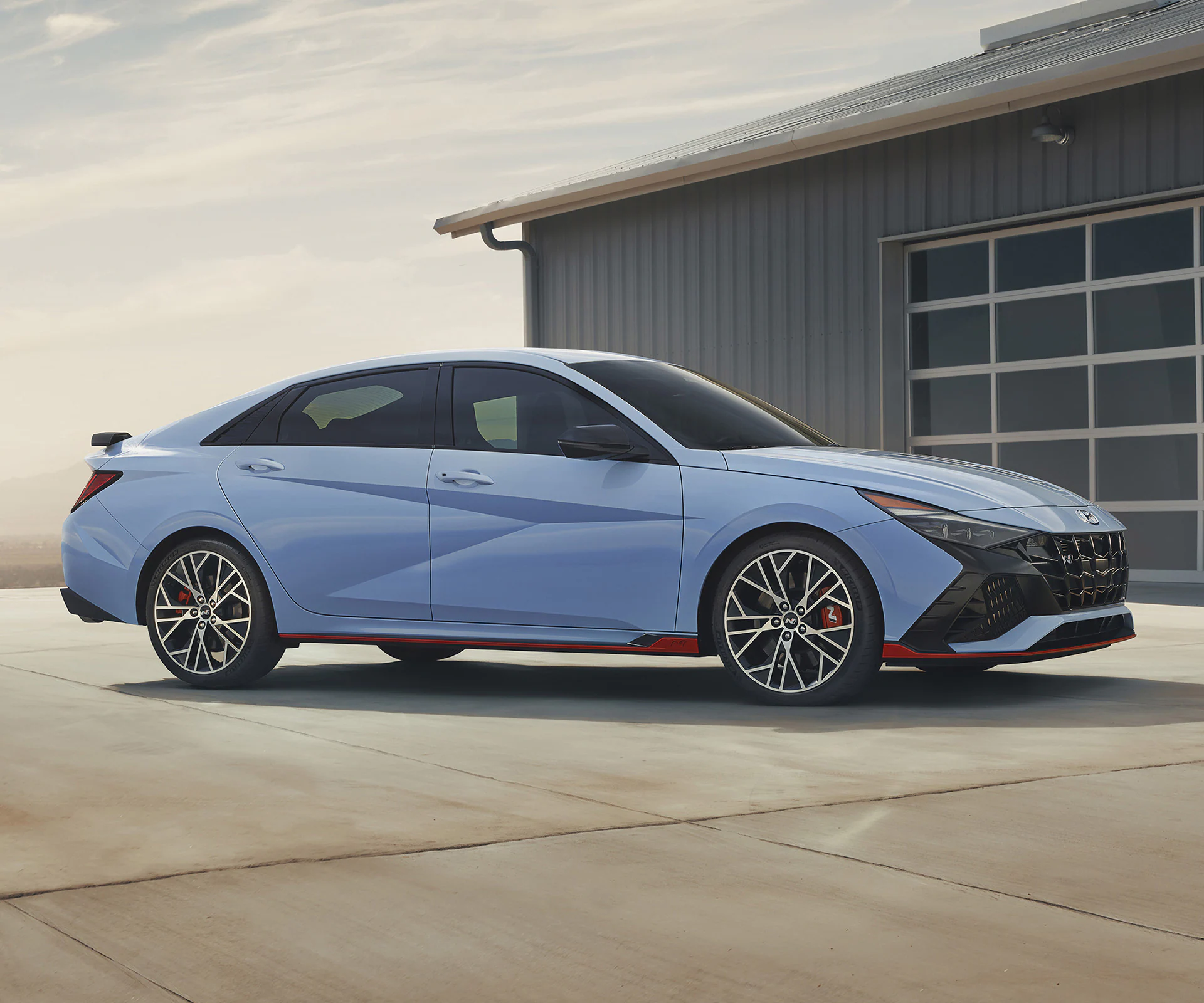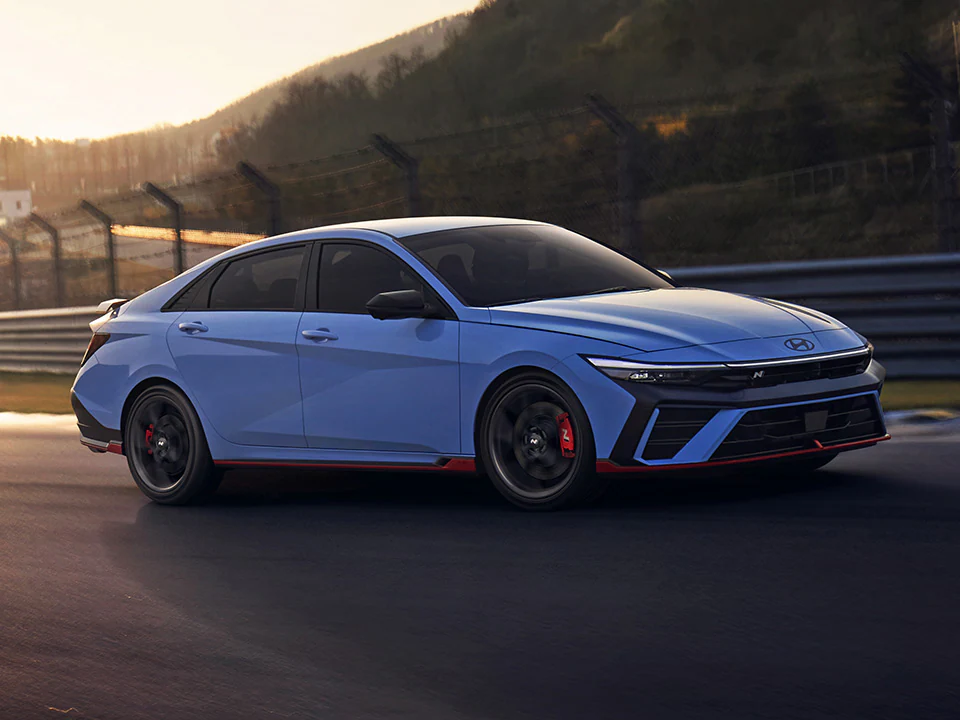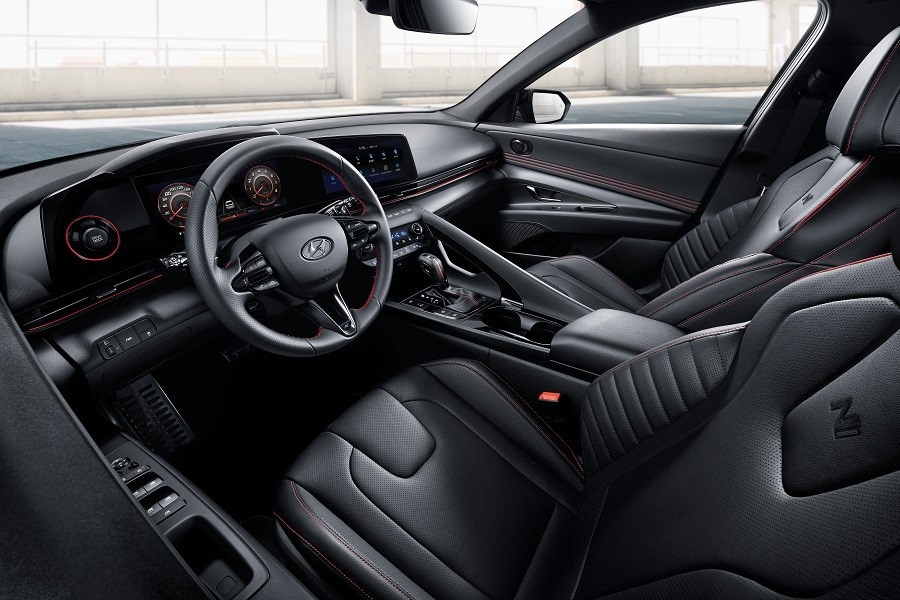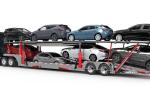Hyundai Rejects Warranty Claim For Elantra N, Blames ‘Over-Revving’ For Engine Failure

by AutoExpert | 4 October, 2024
Warranty claims can be a real headache, as Christian Matzoros from Ontario, Canada, recently found out with his 2022 Hyundai Elantra N. Despite the car being under warranty, Hyundai has refused to pay for the repairs needed after his engine failure, claiming that he was “over-revving” the engine.
The trouble started in June when Matzoros was driving home, and his 2.0-liter turbocharged engine suddenly failed after he had put about 46,000 kilometers (roughly 28,580 miles) on it. He described the moment, saying, “It just stopped. I was stepping on the gas pedal, and it wasn’t moving.” The estimate for fixing the car? A hefty CA$10,000 (around US$7,400), which was shocking since he believed it was still covered by the factory warranty.

Before going to the media, Matzoros sought help in a Hyundai N owners group on Facebook, asking if anyone could assist him in getting the engine covered under warranty. He even mentioned being a former Hyundai employee and hoped someone could help him out.
However, Hyundai wasn’t having it. After Matzoros’ car sat at the dealership for three months, the company claimed to have evidence that the engine failure was due to over-revving, which exceeds the engine's designed limits. A spokesperson for Hyundai Canada stated that this kind of damage falls outside of warranty coverage because it’s considered improper use. They argued that the car had been pushed too hard multiple times, which voided the warranty.

Hyundai emphasized that their warranty covers defects in materials and workmanship under normal driving conditions. However, misuse like over-revving is not included. The phrase “significantly exceeding the maximum recommended RPMs” led many to speculate that Matzoros might have experienced “money shifting”—a mistake where a driver intends to shift into a higher gear but accidentally selects a lower one, leading to a sudden and damaging spike in RPMs.
Matzoros, who had purchased an extended warranty for seven years, believes he made the right choice in buying the Elantra N, which is designed for performance driving, including track use. “The car has been to the track, but that is not when this incident occurred. I was driving home when it blew up,” he insisted.
This situation also raises questions about who owns the ECU data. While Hyundai used this information to justify denying the claim, some argue that the data should belong to the vehicle owner.


















